Hi! I'm a PhD student and aspiring researcher in machine learning and energy systems at the University of Edinburgh's School of Engineering in the Institute of Energy Systems. I am supervised by Prof. Daniel Friedrich and Asst. Prof. Elliot J. Crowley.
I am also a member of the PyPSA meets Africa initiative, where I lead the work package on the detection of electric infrastructure from satellite imagery.
I try to bring cutting-edge research to current problems. In this context, I am working on:
- Statistical learning and optimal control in energy systems
- Semi-supervised and transfer learning in object detection
- Bayesian inference in sparse data settings
Outside work, I cook, cycle, marvel at Edinburgh and ponder what my life could be if I had a github username without capital letters.
Ongoing Projects
PhD Project
Seasonal Thermal Storages in District Energy Systems
Lukas Franken, Daniel Friedrich.
We investigate the role of seasonal thermal storages in making energy systems more sustainable and affordable.
For this, we apply demand optimization, model predictive control and surrogate modeling.
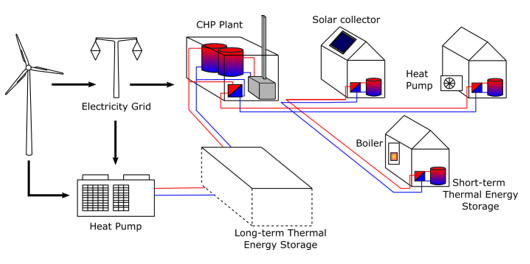 with PyPSA Africa
with PyPSA Africa
Detecting the African Electricity Grid with Transfer Learning
Lukas Franken, Gaurav Munjal, Matin Mahmood, Cesare Caputo, Davide Fiorite, Max Parzen.
Last year, the first benchmarking dataset with high-quality satellite imagery showing a fully annotated electric grid was published.
Simultaneously, transfer learning in object detection is subject to intense research. We apply
these methods to allow models to train on high-quality imagery with limited availability to also perform on lower quality but scalable imagery.

Past Projects
15th January, 2021
ICLR
Heating Up Decision Boundaries: Isocapacitory Saturation, Adversarial Scenarios and Generalization Bounds
Bogdan Georgiev, Lukas Franken, Mayukh Mukherjee.
A diffusion based method to investigate the geometry of decision boundaries
in neural networks. Using it, we observe that decision boundaries locally become
flatter as a function of generalization but still retain previously elusive geometric features.
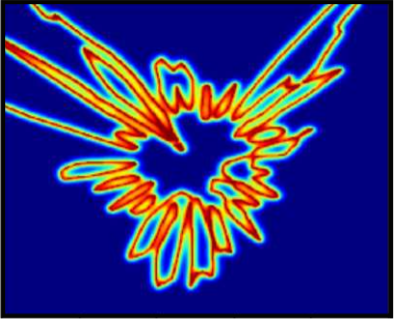 5th October, 2021
under review
5th October, 2021
under review
![]()
On the Impact of Stable Ranks in Deep Nets
Bogdan Georgiev, Lukas Franken, Mayukh Mukherjee, Georgios Arvanitidis.
A discussion on how the stable ranks of a network's layers are linked to properties
such as generalization and compression. Experimentally, we find indications that network initialization
with controlled stable rank can lead to improved convergence properties.
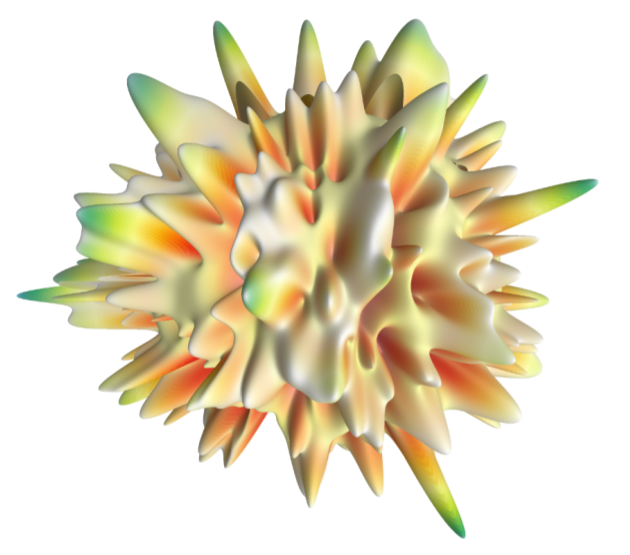 11th Nov, 2021
under review
11th Nov, 2021
under review
A novel machine learning framework to identify location-specific relevance of built environment for urban motorised travel
Felix Wagner, Nikola Milojevic-Dupont, Lukas Franken, Aicha Zekar, Ben Thies, Nicolas Koch, Felix Creutzig.
Using a recent dataset of 31 million car trips in Berlin, we identify urban features that are best suited to
reduce distance travelled in motorized vehicles. It turns out, that low-income areas exhibit particularly high commuting distances,
emphasizing the need for affordable housing close to city centers.
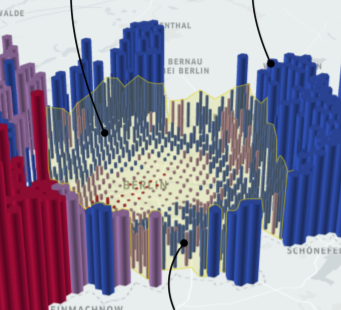 23rd December, 2020
under review
23rd December, 2020
under review
![]()
Gradient-free quantum optimization on NISQ devices
Lukas Franken, Bogdan Georgiev, Sascha Muecke, Moritz Wolter, Nico Piatkowski, Christian Bauckhage.
We employ a genetic algorithm to replace gradient descent methods in parametrized quantum circuits to
determine to state of minimal energy in physical systems. We test the algorithm's performance both
on simulations and on real quantum devices.
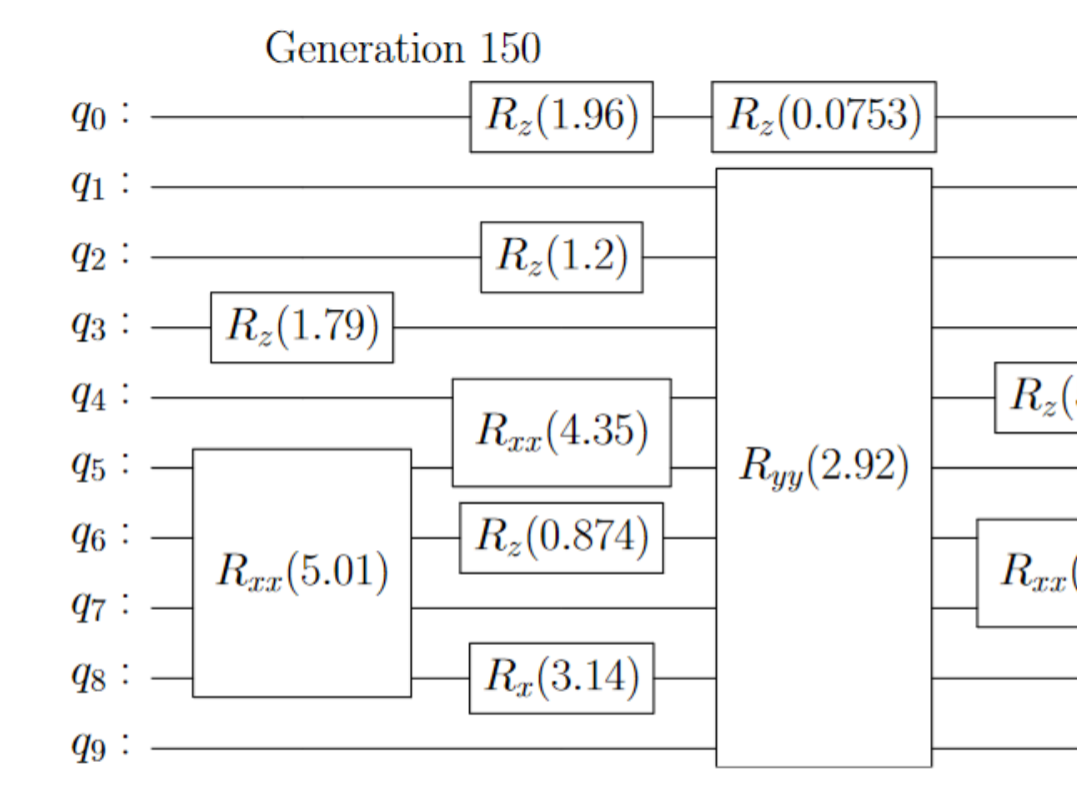 30th Nov, 2019
ESANN
30th Nov, 2019
ESANN
Explorations in Quantum Neural Networks with Intermediate Measurements
Lukas Franken, Bogdan Georgiev.
We investigate how a neural network can be emulated by a parametrized quantum circuit. Using a 4-qubit example,
we formulate a relation between convolutional layers in neural networks and intermediate measurements in quantum circuits.
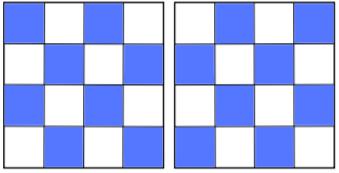
Seasonal Thermal Storages in District Energy Systems
Lukas Franken, Daniel Friedrich.
We investigate the role of seasonal thermal storages in making energy systems more sustainable and affordable. For this, we apply demand optimization, model predictive control and surrogate modeling.

Detecting the African Electricity Grid with Transfer Learning
Lukas Franken, Gaurav Munjal, Matin Mahmood, Cesare Caputo, Davide Fiorite, Max Parzen.
Last year, the first benchmarking dataset with high-quality satellite imagery showing a fully annotated electric grid was published. Simultaneously, transfer learning in object detection is subject to intense research. We apply these methods to allow models to train on high-quality imagery with limited availability to also perform on lower quality but scalable imagery.

Past Projects
15th January, 2021
ICLR
Heating Up Decision Boundaries: Isocapacitory Saturation, Adversarial Scenarios and Generalization Bounds
Bogdan Georgiev, Lukas Franken, Mayukh Mukherjee.
A diffusion based method to investigate the geometry of decision boundaries
in neural networks. Using it, we observe that decision boundaries locally become
flatter as a function of generalization but still retain previously elusive geometric features.
 5th October, 2021
under review
5th October, 2021
under review
![]()
On the Impact of Stable Ranks in Deep Nets
Bogdan Georgiev, Lukas Franken, Mayukh Mukherjee, Georgios Arvanitidis.
A discussion on how the stable ranks of a network's layers are linked to properties
such as generalization and compression. Experimentally, we find indications that network initialization
with controlled stable rank can lead to improved convergence properties.
 11th Nov, 2021
under review
11th Nov, 2021
under review
A novel machine learning framework to identify location-specific relevance of built environment for urban motorised travel
Felix Wagner, Nikola Milojevic-Dupont, Lukas Franken, Aicha Zekar, Ben Thies, Nicolas Koch, Felix Creutzig.
Using a recent dataset of 31 million car trips in Berlin, we identify urban features that are best suited to
reduce distance travelled in motorized vehicles. It turns out, that low-income areas exhibit particularly high commuting distances,
emphasizing the need for affordable housing close to city centers.
 23rd December, 2020
under review
23rd December, 2020
under review
![]()
Gradient-free quantum optimization on NISQ devices
Lukas Franken, Bogdan Georgiev, Sascha Muecke, Moritz Wolter, Nico Piatkowski, Christian Bauckhage.
We employ a genetic algorithm to replace gradient descent methods in parametrized quantum circuits to
determine to state of minimal energy in physical systems. We test the algorithm's performance both
on simulations and on real quantum devices.
 30th Nov, 2019
ESANN
30th Nov, 2019
ESANN
Explorations in Quantum Neural Networks with Intermediate Measurements
Lukas Franken, Bogdan Georgiev.
We investigate how a neural network can be emulated by a parametrized quantum circuit. Using a 4-qubit example,
we formulate a relation between convolutional layers in neural networks and intermediate measurements in quantum circuits.

Heating Up Decision Boundaries: Isocapacitory Saturation, Adversarial Scenarios and Generalization Bounds
Bogdan Georgiev, Lukas Franken, Mayukh Mukherjee.
A diffusion based method to investigate the geometry of decision boundaries in neural networks. Using it, we observe that decision boundaries locally become flatter as a function of generalization but still retain previously elusive geometric features.

On the Impact of Stable Ranks in Deep Nets
Bogdan Georgiev, Lukas Franken, Mayukh Mukherjee, Georgios Arvanitidis.
A discussion on how the stable ranks of a network's layers are linked to properties such as generalization and compression. Experimentally, we find indications that network initialization with controlled stable rank can lead to improved convergence properties.

A novel machine learning framework to identify location-specific relevance of built environment for urban motorised travel
Felix Wagner, Nikola Milojevic-Dupont, Lukas Franken, Aicha Zekar, Ben Thies, Nicolas Koch, Felix Creutzig.
Using a recent dataset of 31 million car trips in Berlin, we identify urban features that are best suited to reduce distance travelled in motorized vehicles. It turns out, that low-income areas exhibit particularly high commuting distances, emphasizing the need for affordable housing close to city centers.

Gradient-free quantum optimization on NISQ devices
Lukas Franken, Bogdan Georgiev, Sascha Muecke, Moritz Wolter, Nico Piatkowski, Christian Bauckhage.
We employ a genetic algorithm to replace gradient descent methods in parametrized quantum circuits to determine to state of minimal energy in physical systems. We test the algorithm's performance both on simulations and on real quantum devices.

Explorations in Quantum Neural Networks with Intermediate Measurements
Lukas Franken, Bogdan Georgiev.
We investigate how a neural network can be emulated by a parametrized quantum circuit. Using a 4-qubit example, we formulate a relation between convolutional layers in neural networks and intermediate measurements in quantum circuits.

Big thanks to Jack Turner for this neat website template!
